Biochar Applications
With over 50 trials since 2019, we've probably worked on something similar to yours!
Oxford Biochar was founded in the UK in 2019 as one of the first British Manufacturers, we later provided consultancy advising UK organisations on how to initiate and help with projects using Biochar.
Our manufacturing experience started in 2013 so we are familiar with biomass pyrolysis and its huge environmental and commercial potential.ens takes years of practice, especially if gardens don't have good soil conditions to begin with.
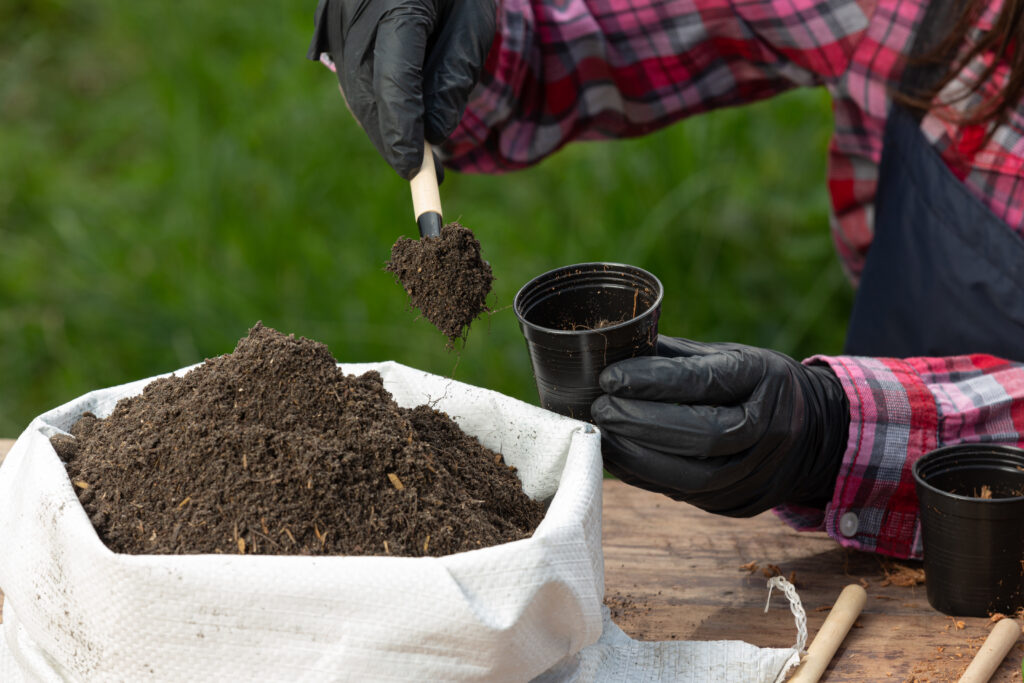
Soil Improver and Composting
- Creating healthy soil to produce the most nutritious and richly flavoured food in our gardens takes years of practice, especially if gardens don't have good soil conditions to begin with.
- One of the most powerful ingredients that can propel soil health forwards is Biochar – a type of 'super compound'. This deceptively simple substance has unique structural and electrical properties that produce incredible benefits in our gardens.
- These include doubling water-retention while improving water flow in sandy and clay-rich soils; swelling soil biology and activating its many functions and enhancing nutrient holding-capacity as much as 20 times that of already healthy soil.
- If that weren't enough, Biochar is also essentially permanent, lasting thousands of years in the soil. So give your garden and herbs a boost and add Oxford Biochar the next time you dig…
Farming, Animal Husbandry
Reduce Methane , increase productivity
In Europe, 90% of Biochar is used not for crops, but for animal husbandry where it is utilised as a part of animal feeds (Gerlach and Schmidt, 2012). It is claimed that Biochar can enhance growth and prevent disease in many farm animals.
Biochar is a natural traditional feed additive that was often used to treat digestive problems of livestock. Since 2010, Biochar is increasingly used as an additive to daily feed mixtures. The use of Biochar (i.e. vegetal carbon) as a feed additive is authorised by the EU-Feed Regulation (Parliament, 2011). Only Biochar made from natural and untreated wood is permissible. We are pleased to confirm our Biochar products conforms with the regulations.
As Biochar gets enriched with nitrogen-heavy, organic compounds during the digestion process, the excreted biochar-manure becomes a more valuable organic fertiliser. This can cause low nutrient losses and greenhouse gas emissions during storage and soil application.
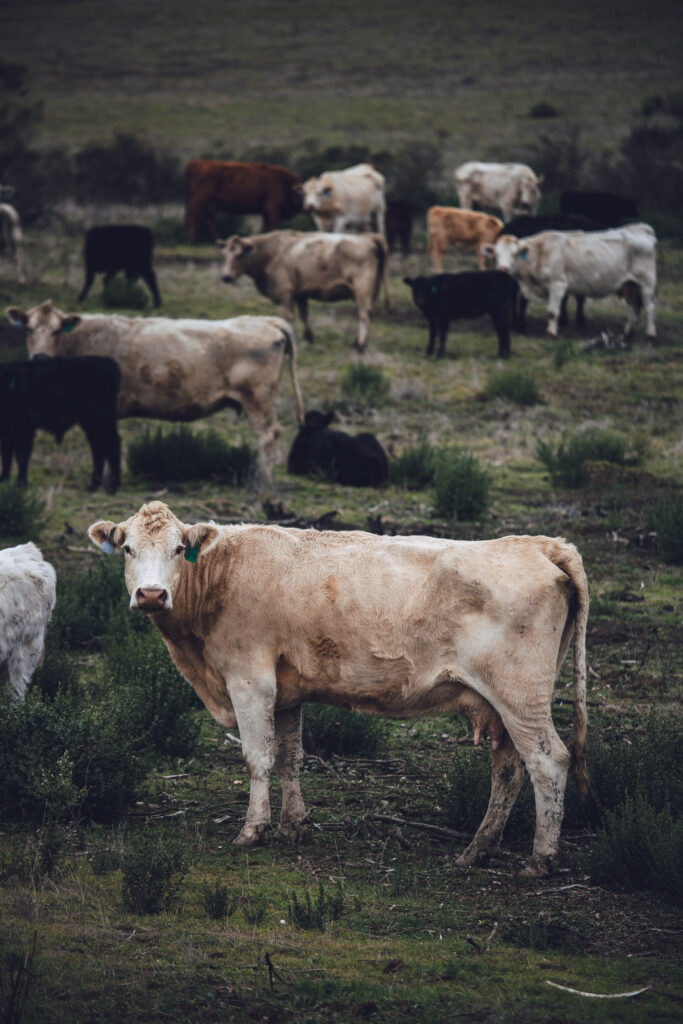
Biochar in Building Materials
Two of Biochar’s fundamental properties are its extremely low thermal conductivity and its ability to absorb water up to 5 times its weight. These properties mean that Biochar is the perfect material for insulating buildings and regulating humidity. In combination with clay, lime and cement mortar, Biochar can be used as an additive for plaster or bricks and concrete elements at a ratio of up to 80%.
This blending creates walls with excellent insulation and breathing properties, able to maintain humidity levels in a room at 45 – 70% in both summer and winter. This ensures the air in the rooms cannot become too dry, which can be a cause of respiratory conditions, and also prevents condensation forming around thermal bridges and on outside walls, which would lead to the formation of mould.
Biochar can be applied to the outside walls of a building using standard plaster spraying or rendering equipment. Applied at a thickness of up to 20 cm, it can be a substitute for Styrofoam. Through the use of biochar-based insulation material, houses can become long-term carbon “sinks”, while at the same time providing a healthier indoor climate. And should such a house be demolished at a later date, the biochar-clay or biochar-lime plaster can be directly used as a compost supplement, thus naturally continuing the carbon cycle.
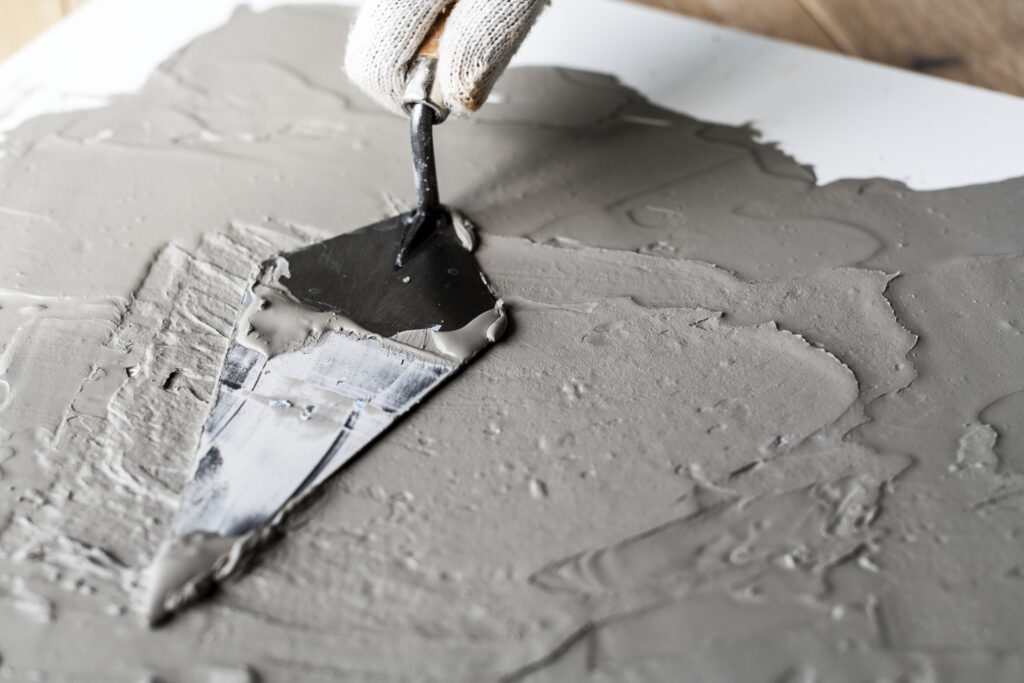
Water Filtration
Biochar effectively removes multiple organic, inorganic and microbial contaminants and is a natural water treatment element and sustainable technology.
Simply drop the charcoal into your water, we recommend one stick per litre, then leave for 1 hour and enjoy your filtered water. Each charcoal will last for 6 months as a water filter, and they are then recyclable for other uses around the home e.g. if you break it up and put it in your house plants, it will add nutrients to the soil that will help the plant to grow. The Charcoal Stick 4-pack is exactly what it says on the box – a pack of four Binchotan charcoal sticks. Combined, the 4-pack gives you 2 years’ worth of filtration! Each filter is individually vacuum-packed in recyclable plastic for immediate use. Kishu Charcoal left in a pitcher of water removes; lead, mercury and cadmium. The stick will also remove chlorine and other chemicals from water and release natural minerals back into the water. Because the sticks are natural product and each branch is different it is hard to give exact toxic adsorption percentages.
According to Natural News* Brita filters remove 14% of lead, 75% of mercury, 6% of cadmium, 33% of aluminum and 12% of arsenic.
There is no plastic to discard or recycle after your stick is toxin saturated in four to six months (the percentage of recycled plastic filters is very small). Simply throw your charcoal stick in the garden or use in the fridge as an odor eliminator after four months. Some boil the stick once a month for ten minutes and this, they say, keeps the stick active for 6 months.
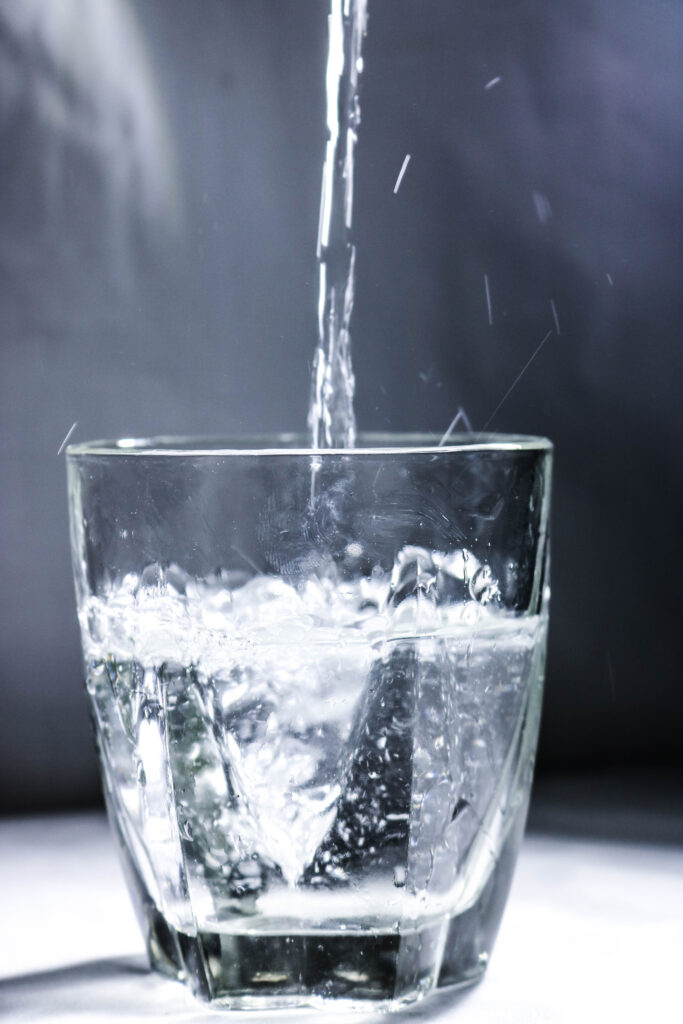
Waste Management Solutions
Biochar’s properties can be tailored through biomass feedstock and pyrolysis conditions to enhance its efficiency in wastewater treatment via adsorption, precipitation, redox reactions, and catalytic degradation. It improves municipal wastewater processes, aiding sludge management, odour control, and nutrient recovery.
In sustainable drainage, biochar enhances soil structure, erosion resistance, water retention, and pollutant removal. Scaling up biochar production requires collaboration with stakeholders to maximise environmental, societal, and economic benefits.
Specific removal strategies, including precipitation, sorption and catalytic degradation, with appropriate design of engineered biochar, are needed for industry-specific wastewater treatment to target various pollutants and aquatic chemistry.
In short our Biochar aid’s section 82 compliance of the Environment Act 2021, which requires water utilities to monitor water quality.
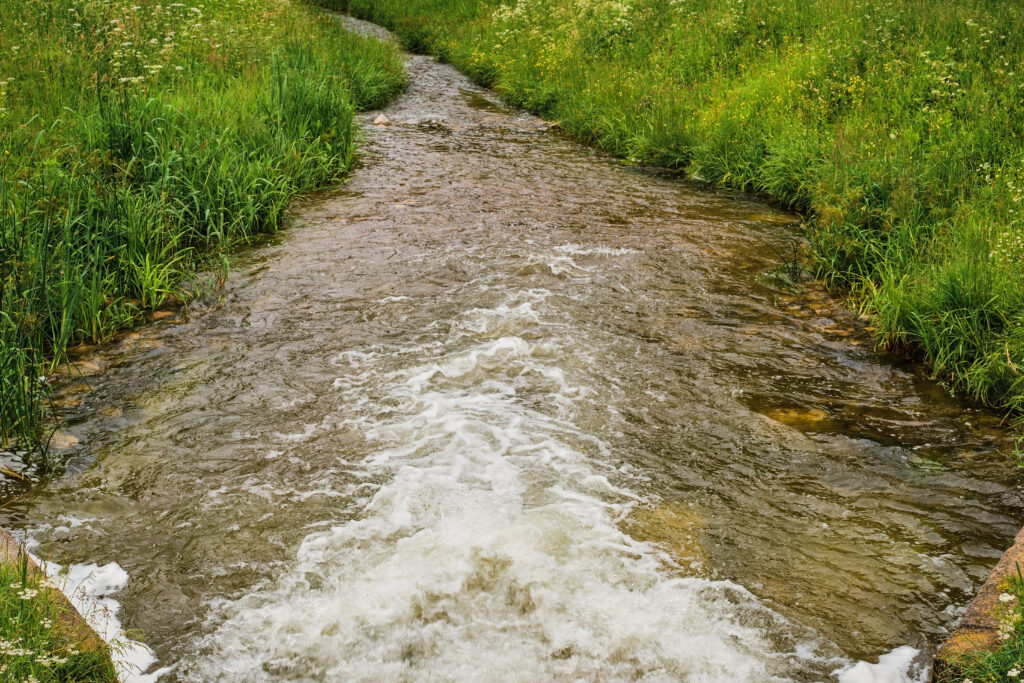
For larger commercial customers looking to evaluate or implement a biochar strategy, we have tailored services to ensure that the steps you take are optimised for your business.
Oxford Biochar Ltd, 86-90 Paul Street, London EC2A 4NE. (C) 2019, All rights reserved.
© 2025 Oxford Biochar. Created with ❤ using WordPress and Kubio
